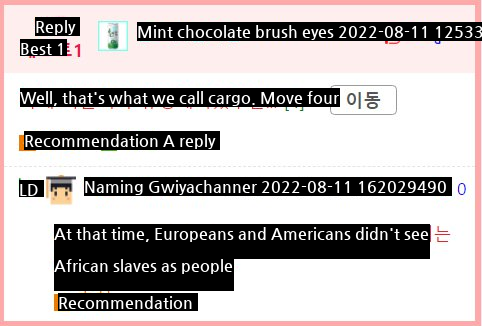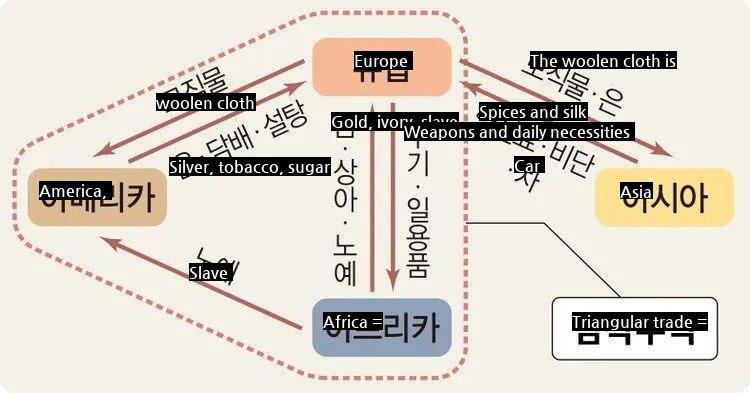
It was in the 18th century
This was a time of triangular trade, which is a route back to Europe, Africa, and America
They sell weapons and industrial goods in Europe to Africa, they buy black slaves, they sell them to America
It is a triangular trade route that buys silver, tobacco, sugar, etc. and sells them all over Europe
This trade route provided the highest profit margin, the best selling efficiency, and the best route, so everyone wanted to do it if they had money and ships 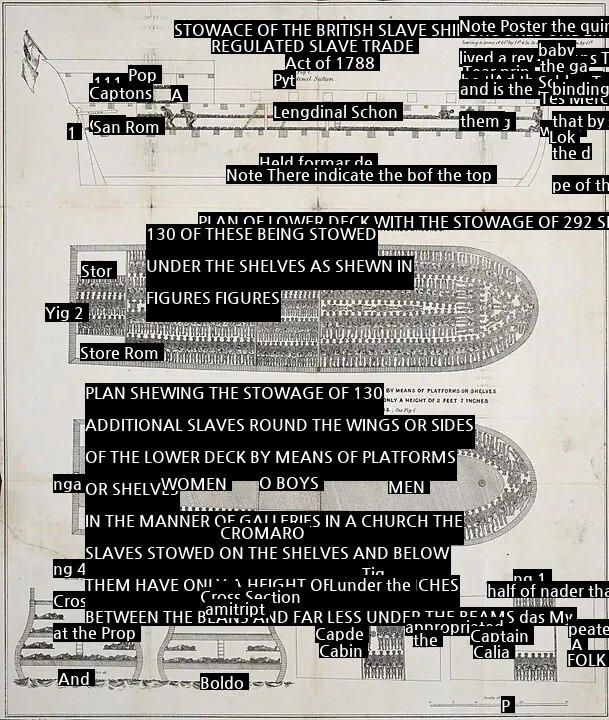
And there was the Zong, a Dutch trading company that jumped into this trade, but instead managed by the Liverpool Slave Trade Syndicate in England
Jongho was a typical slave trading ship, a historic slave trading ship that completed more than 50 voyages safely
In November of 1781, Jong-ho was also driving a total of 422 slaves to America, far exceeding the average number of slaves
The captain of the ship was Collingwood, who lacked both navigation and experience, but the problem was that Collingwood got sick on his way to Jamaica
When he was unable to command, a sailor who had temporarily become a slave ship captain became a temporary captain, who accidentally failed to dock at a supply port and passed by
Plus, he misrouted and left the normal route and passed Jamaica altogether
Eventually, strange diseases and food shortages killed 62 slaves and some of the crew, making it a desperate situation
But it rained heavily in the middle, so the drinking water problem was solved
This is also a problem, but the bigger problem was money
The reason why money is a problem is because under the conditions of the long-term care insurance at the time, if a slave dies naturally, the insurance money was not paid because it was the responsibility of the shipowner
This is because if the slave, the cargo, was lost in an accident, it was treated as a joint damage borne by the shipowner and the insurance company
For this reason, the shipowner had to take responsibility because slaves were treated as natural causes even when they arrived on land
So the crew and the captain got together and had a meeting 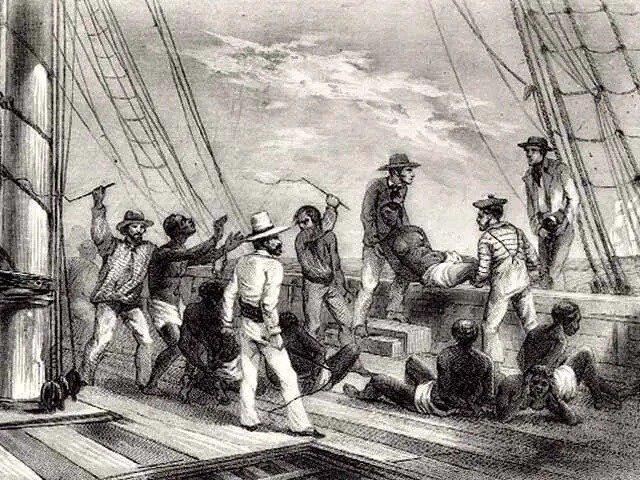
Dumped the slaves into the sea and destroyed them
Unanimously
As a result of the massacre that began, only 208 of the 442 slaves were able to reach Jamaica alive
Slaves abandoned in the sea included men and women, even infants and children
After a long slaughter, they arrived in Jamaica, and the remaining slaves were sold for 36 pounds per person
And Captain Collingwood was a soldier four days after entering Jamaica
If it had ended here, I would have been buried in a trading ship accident without leaving a name
Things get bigger when the owner of the ship, Liverpool Slave Trade Syndicate, asks the insurer for compensation for the loss and the insurer refuses to do so
At the trial, the log disappeared, the captain died after arriving in Jamaica, unable to hear testimony, and the crew’s testimony was mixed
In the spotlight, the tragedy was revealed to the world by liberating slave Olaudach Equino and abolitionist Granville Sharp
Granville Sharp accused the crew of murder of Jongho, the center of the case 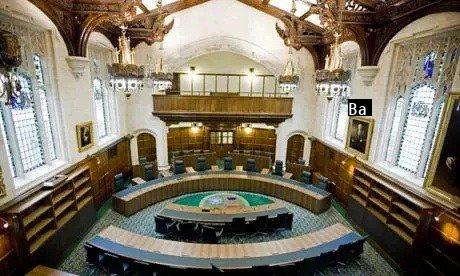
Eventually, the case spread to the king’s trial
After a long trial, I’ll tell you the bottom line
The incident was concluded as intentional cargo damage by force majeure due to lack of drinking water, not murder
Although it was revealed that the massacre continued even though the drinking water problem was solved due to heavy rain in the middle, it did not have a significant impact on the trial
Eventually, the case ended as the result that the insurer was justified in refusing to pay damages due to intentional cargo damage
This has resulted in the revision of the Slave Trade Act, adding conditions for non-payment of insurance for all other illegal risk losses or unforeseen events 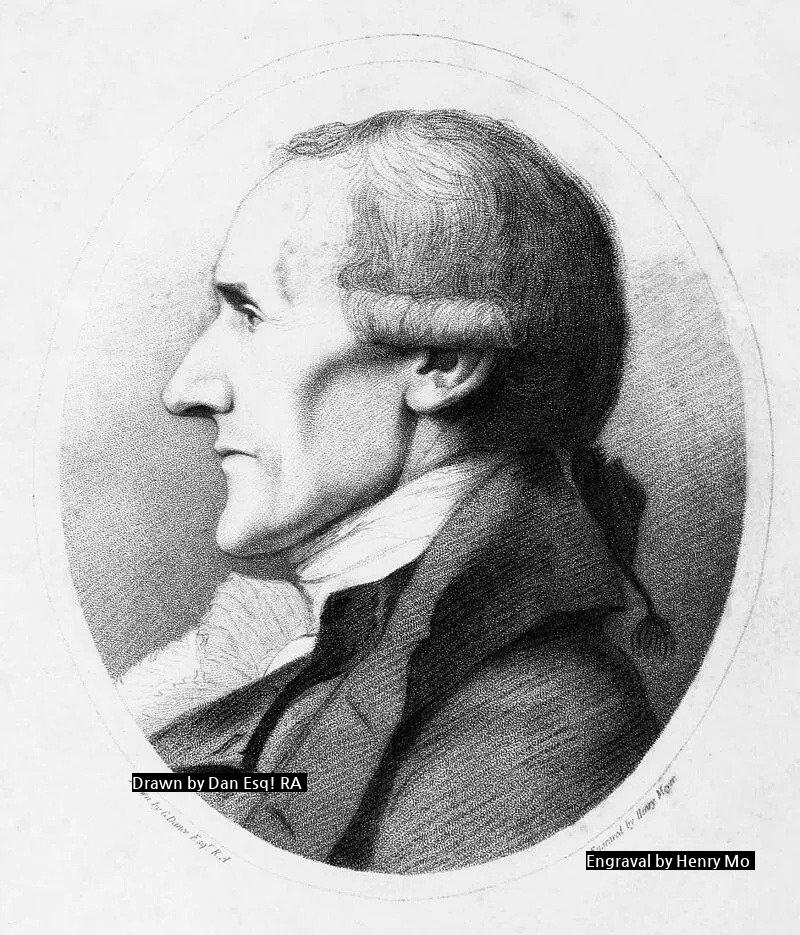
Of course, this case didn’t end without meaning in human rights history
Furious about this, Granville Sharp became more active and collected evidence of crimes committed in slave trade
Soon the anti-slavery craze began around Quakers and London religious fraternity
Soon after, they began to rally with Anglicans and priests, and linked up with slave trading ship captains who turned to abolitionists
Revealing to society the horrors of what happens during slave trade has created a foothold for Britain’s abolition of slave trade
One of the most famous similar events was the Amistad incident, which was also featured in the movie 